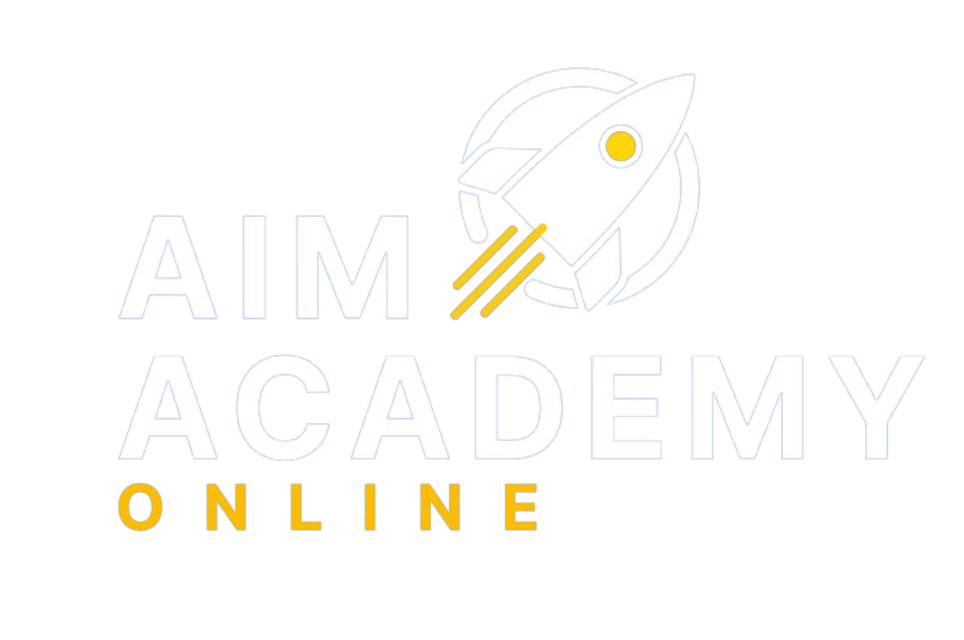How to Homeschool Your Preschooler

All of us are homeschoolers for at least the first few years of our children’s lives (and I certainly concur with those who maintain parents are always their children’s primary teachers no matter how they are formally educated). So what is really important during these years, especially as it pertains to getting our kids ready for formal learning? There are a few essentials we can summarize from the research:
The soil matters – take two identical plants and plant one in depleted, dry soil and the other in rich, moist soil. Would you expect any differences? You bet. The same goes for kids. If you want to grow tomatoes, you need soil enriched with the nutrients tomatoes crave. If you want to grow a brain, then kids need to be planted in an environment filled with the food a growing brain feasts on. What are those nutrients? Well here’s my food pyramid for cognitive growth:

That’s the big 3. Language means “live” speech, especially interactive speech — not the television buzzing in the background. The latter’s a passive form of language acquisition and may provide some benefit if interactive conversations with caring adults are not provided, but it’s a poor substitute at best. Why language? Because preschoolers need language in order to “think” about the experiences they are having. Try capturing and storing an event in your memory where you do not have words to describe what you are seeing. Near impossible, right? That’s why human brains work so much better than animals’ – we have the words to capture those memories and pass them on to the next generation. Language is how we encode our experiences so we can learn from them.
30 million word gap. Do you think a difference that big might matter? That’s the difference in the amount of spoken language heard by preschoolers from middle class homes by age 3 and those born into poverty, a number of studies have repeatedly found. (Read the initial one here.) Is it the money making the difference? Not really. It’s the amount of interaction between these preschoolers and their parents and the quality of language the more privileged kids are hearing. The vocabulary is more extensive, the interactions are longer, and the range of topics broader. I know a lot of my readers may not consider themselves middle class. Actually plenty of us chose homeschooling because the cost of a quality education seemed out-of-reach. Well, it doesn’t take money, fortunately, to ensure our young children get plenty of nutrients to help their brains develop fully. Rather, we just need to mimic the actions of these middle class parents. Talk to your kids about everything, even things you don’t know a lot about. Let them hear you thinking aloud and pondering the mysteries of the world around you. Ask them questions to help them use the words they do have and acquire new ones. Beyond that, read aloud. This is the richest vein of nutrients you can mine to open up new worlds and give them words to think and learn.
Coming up: warmth, experience
